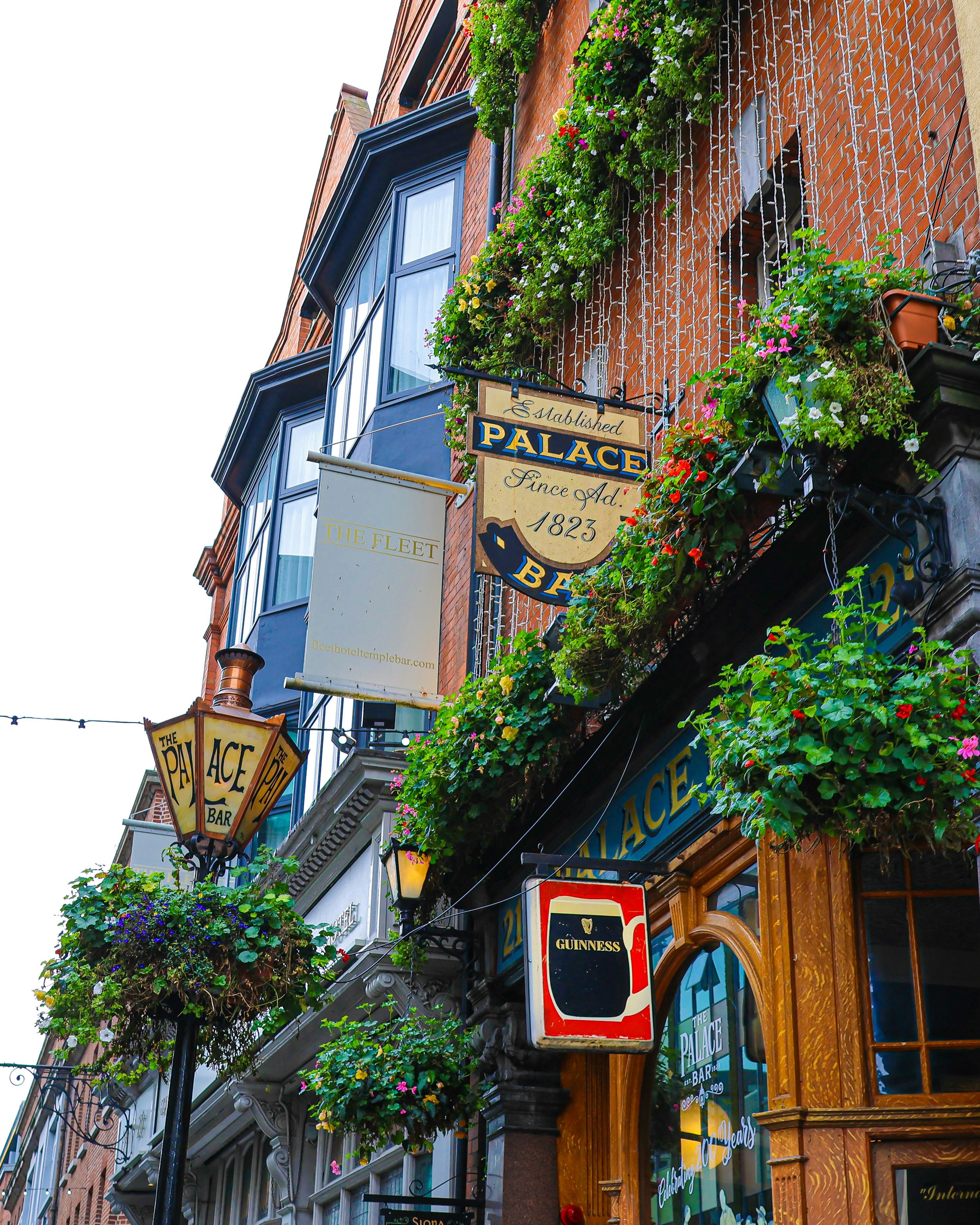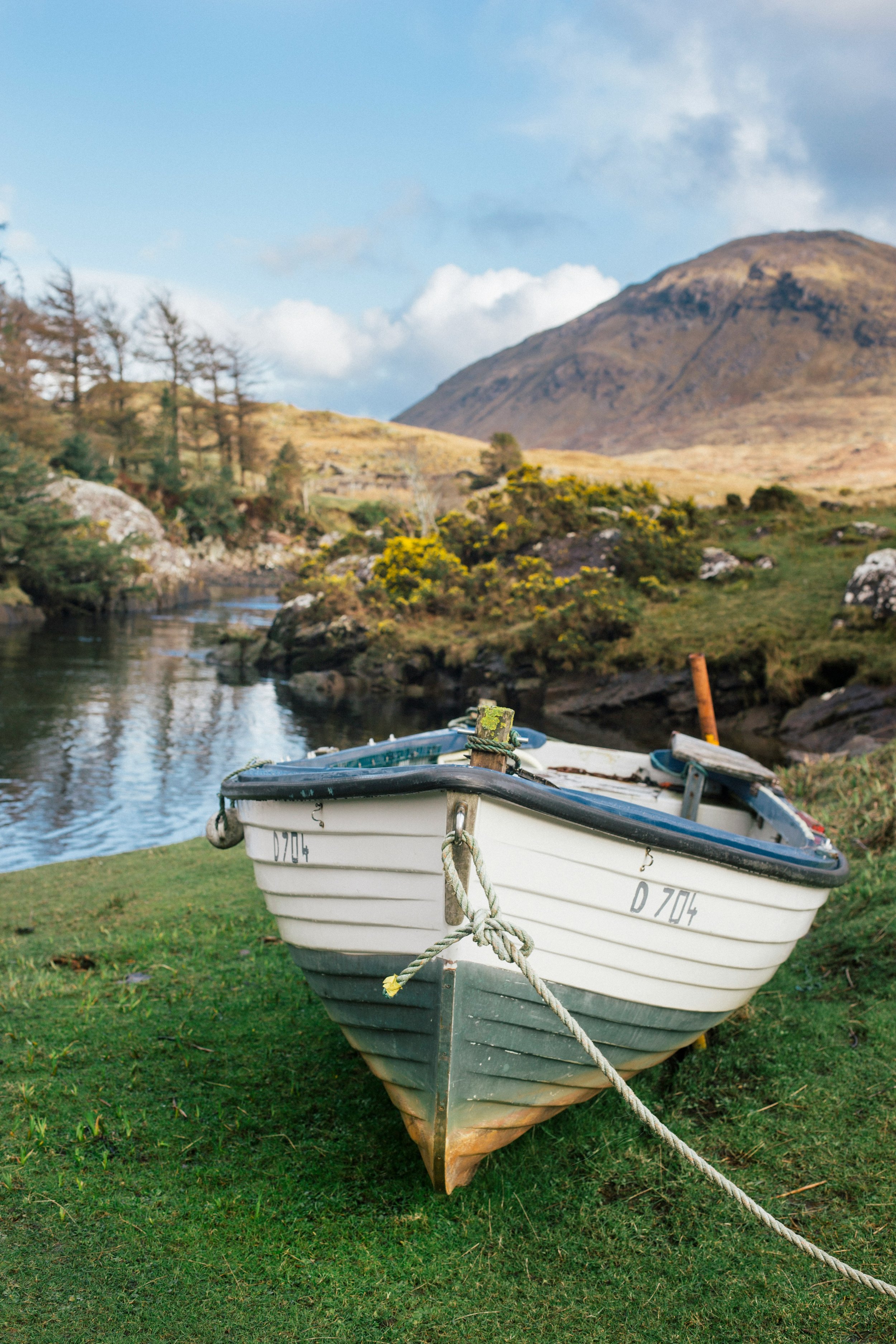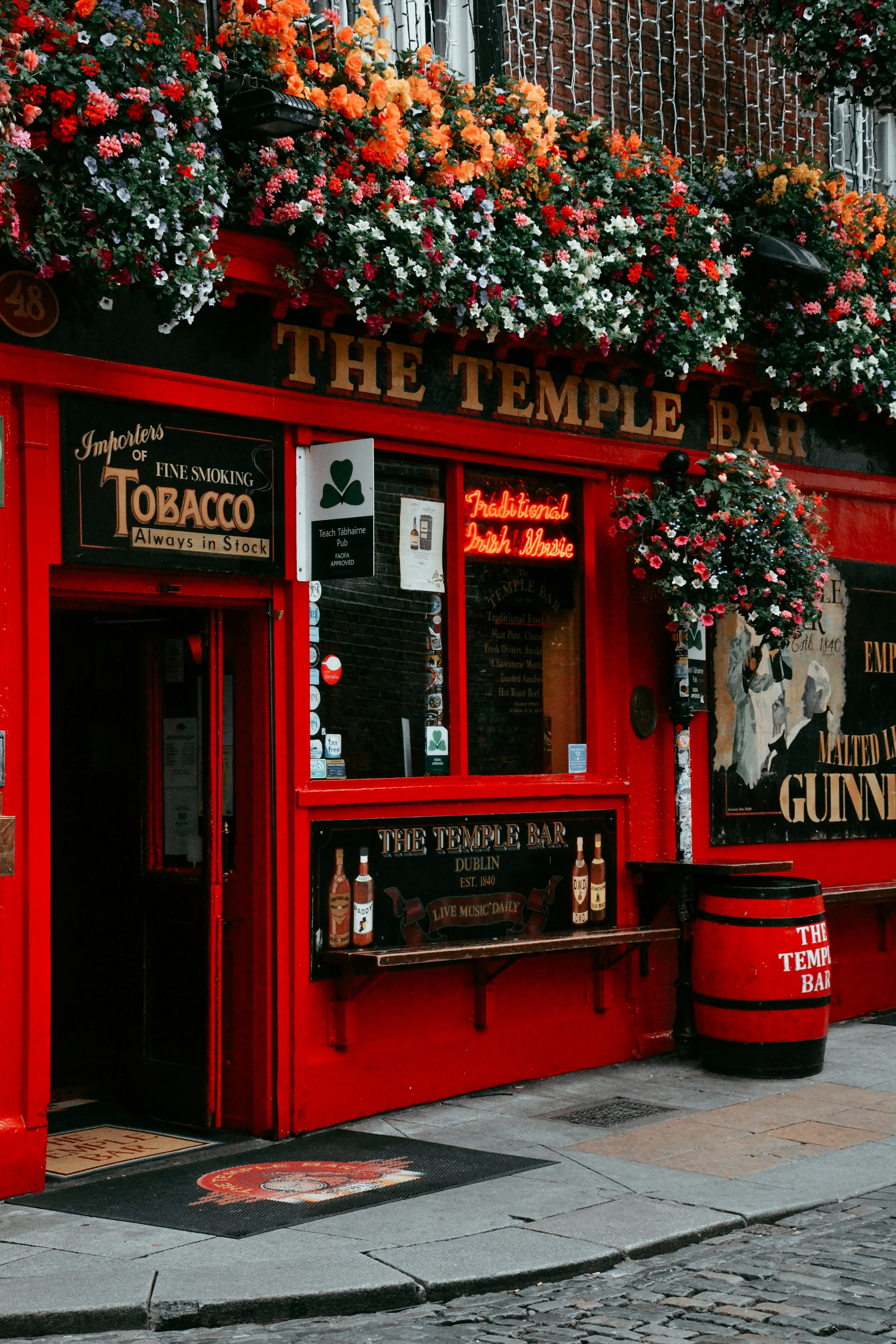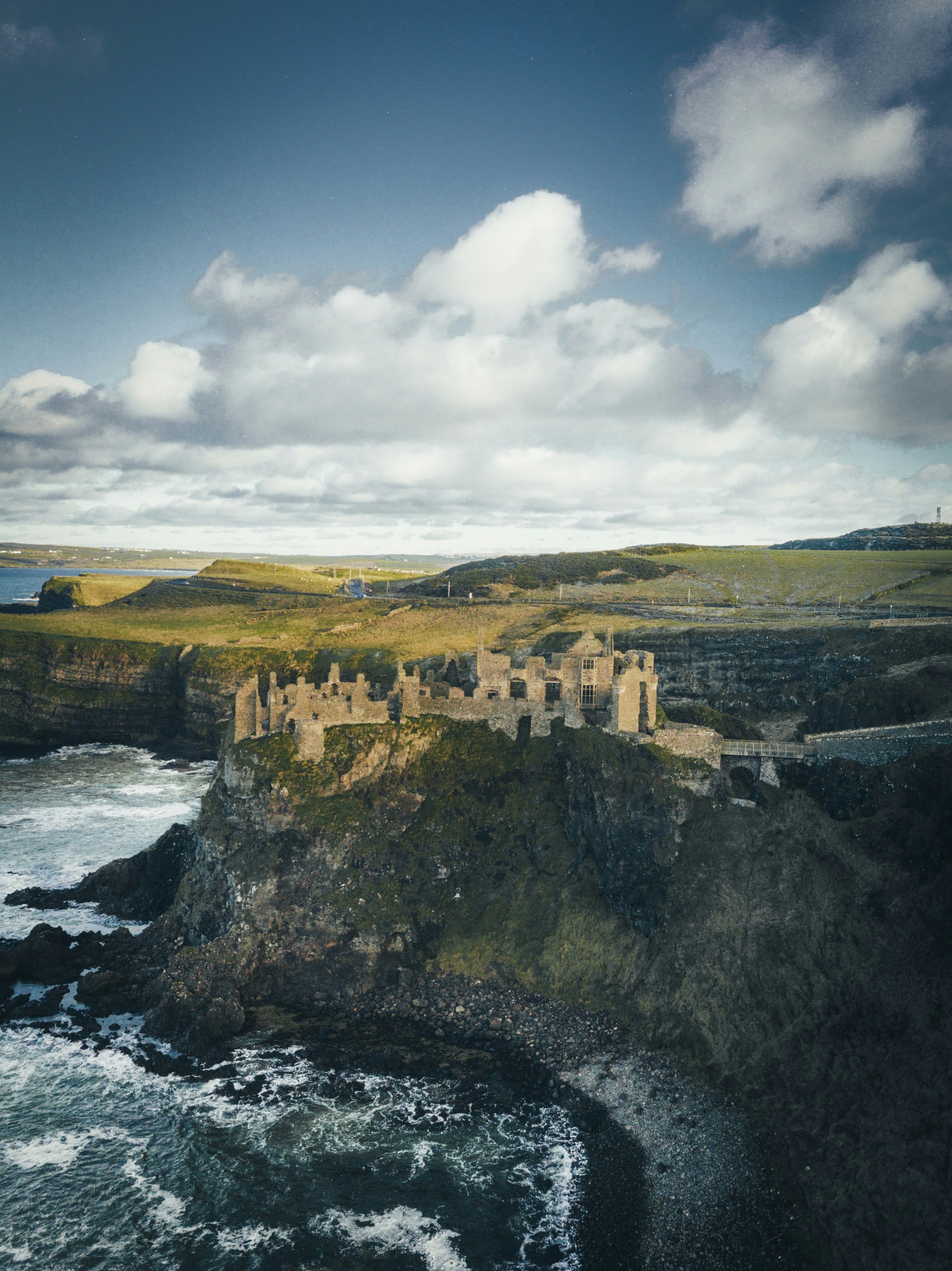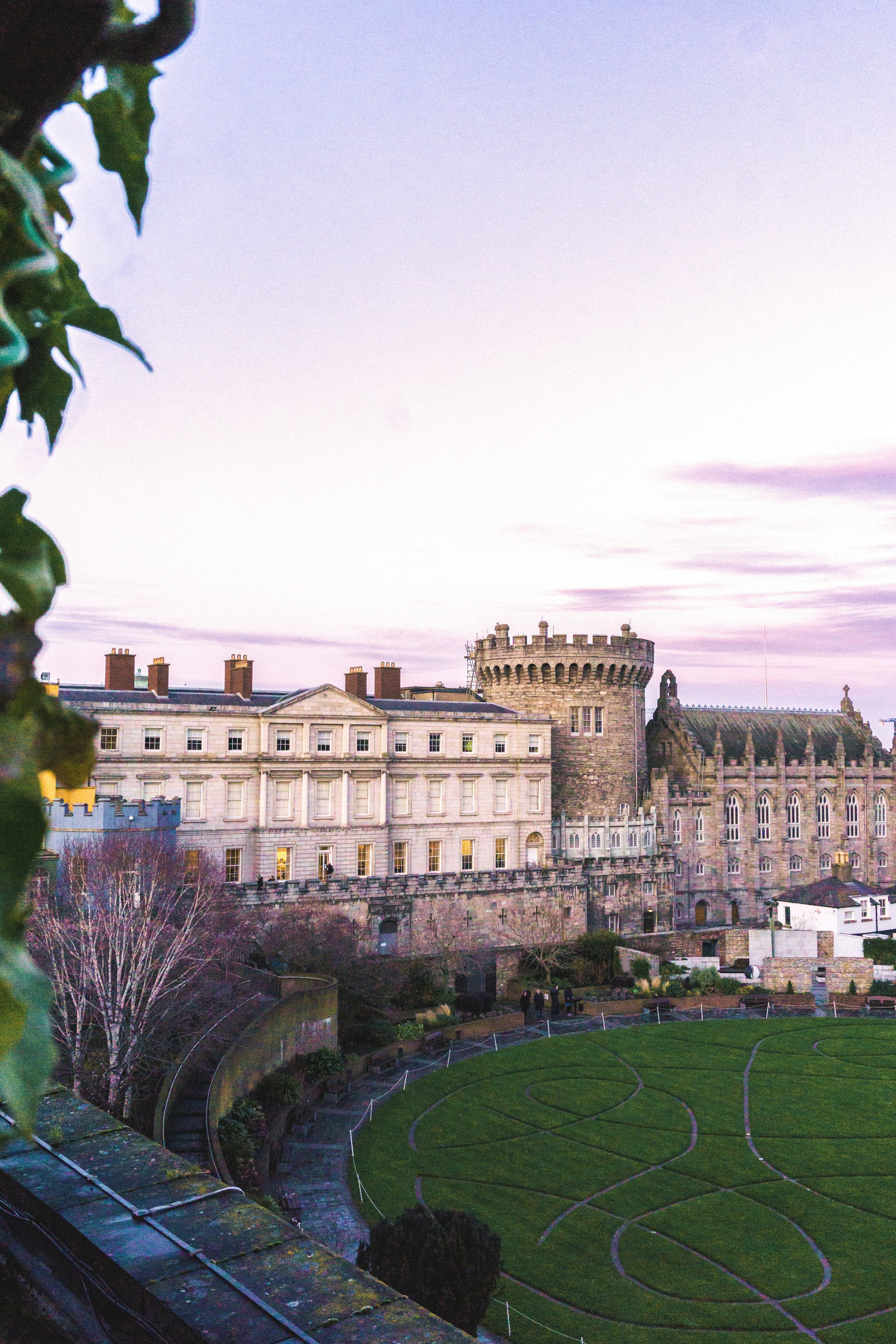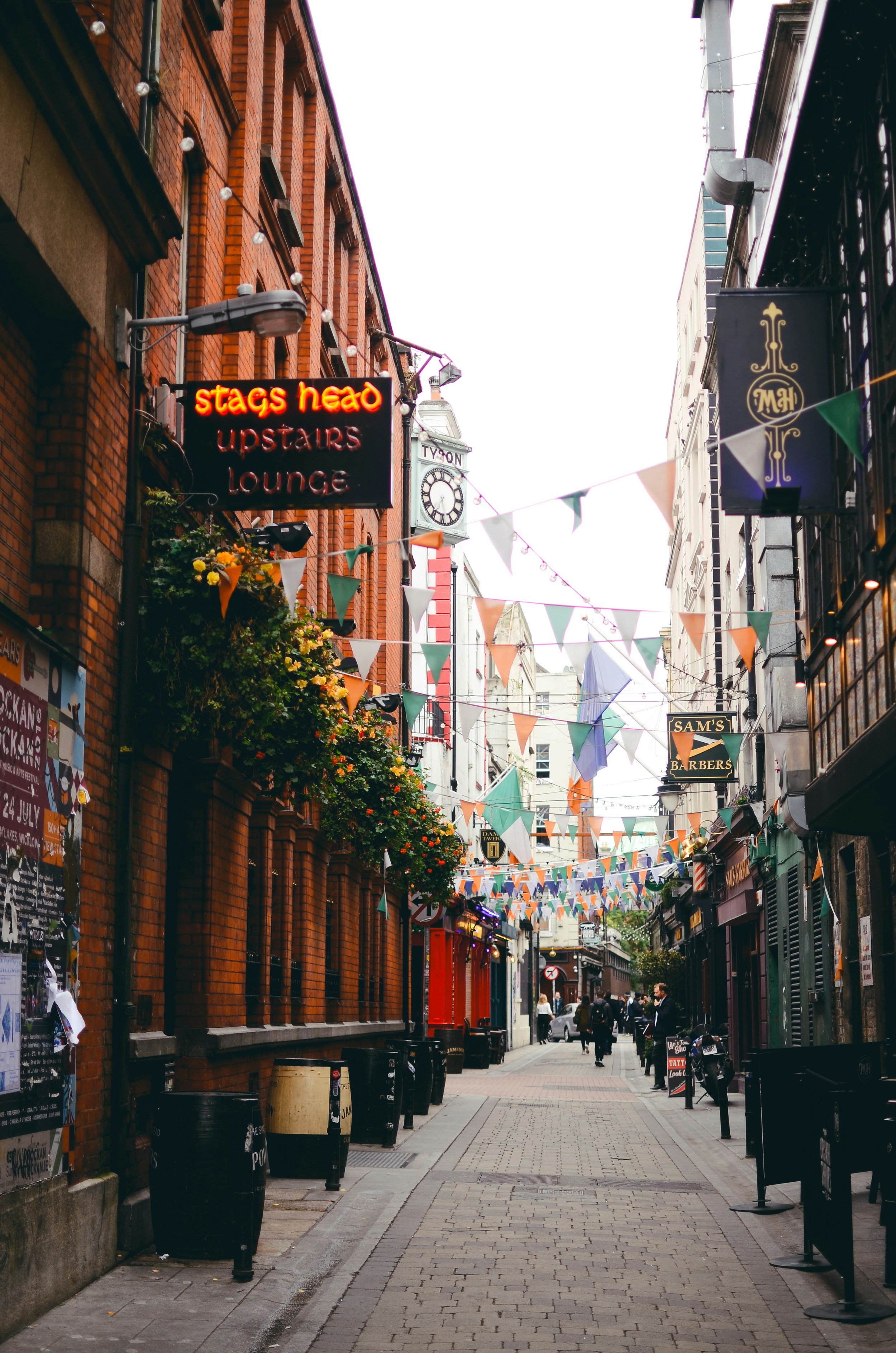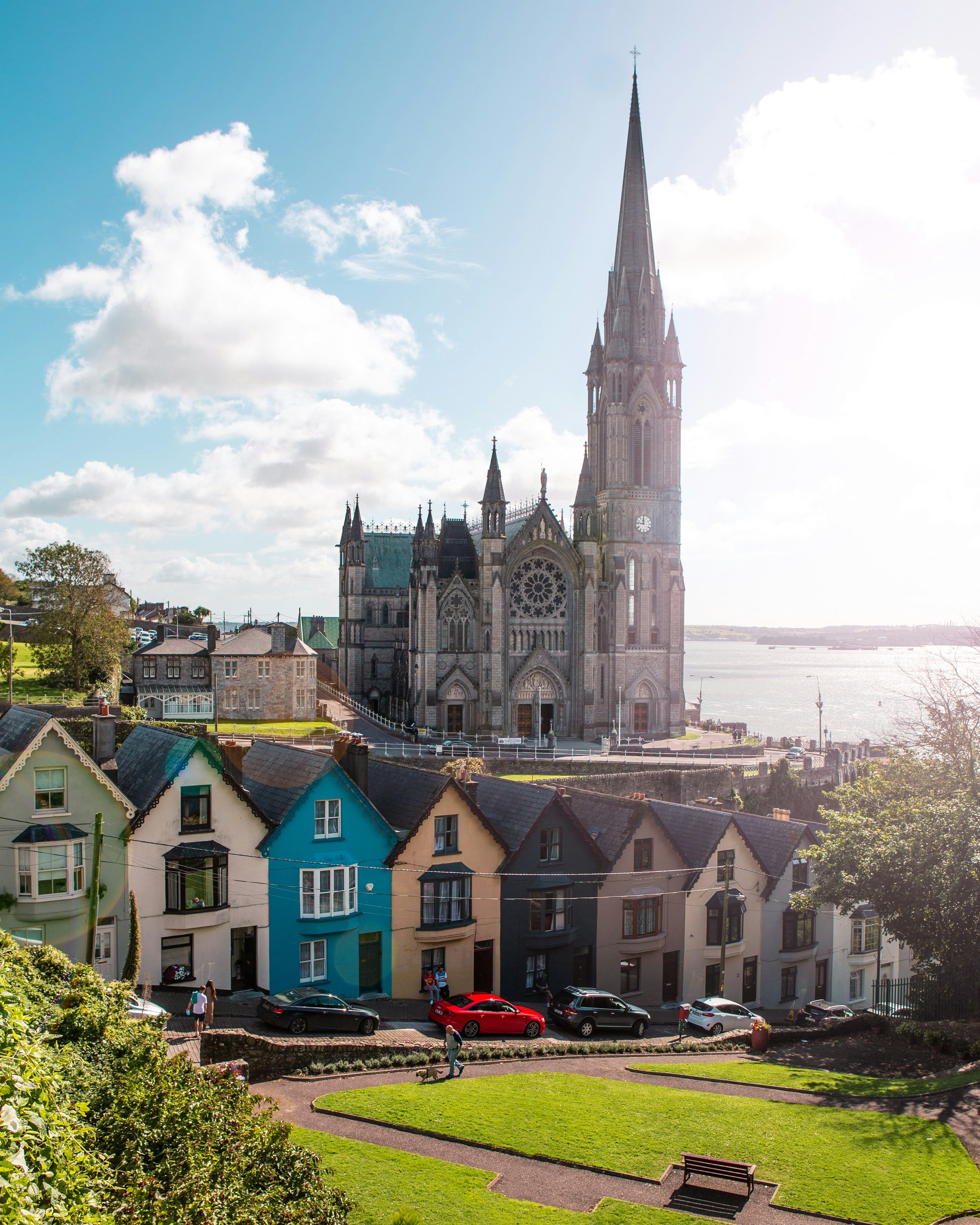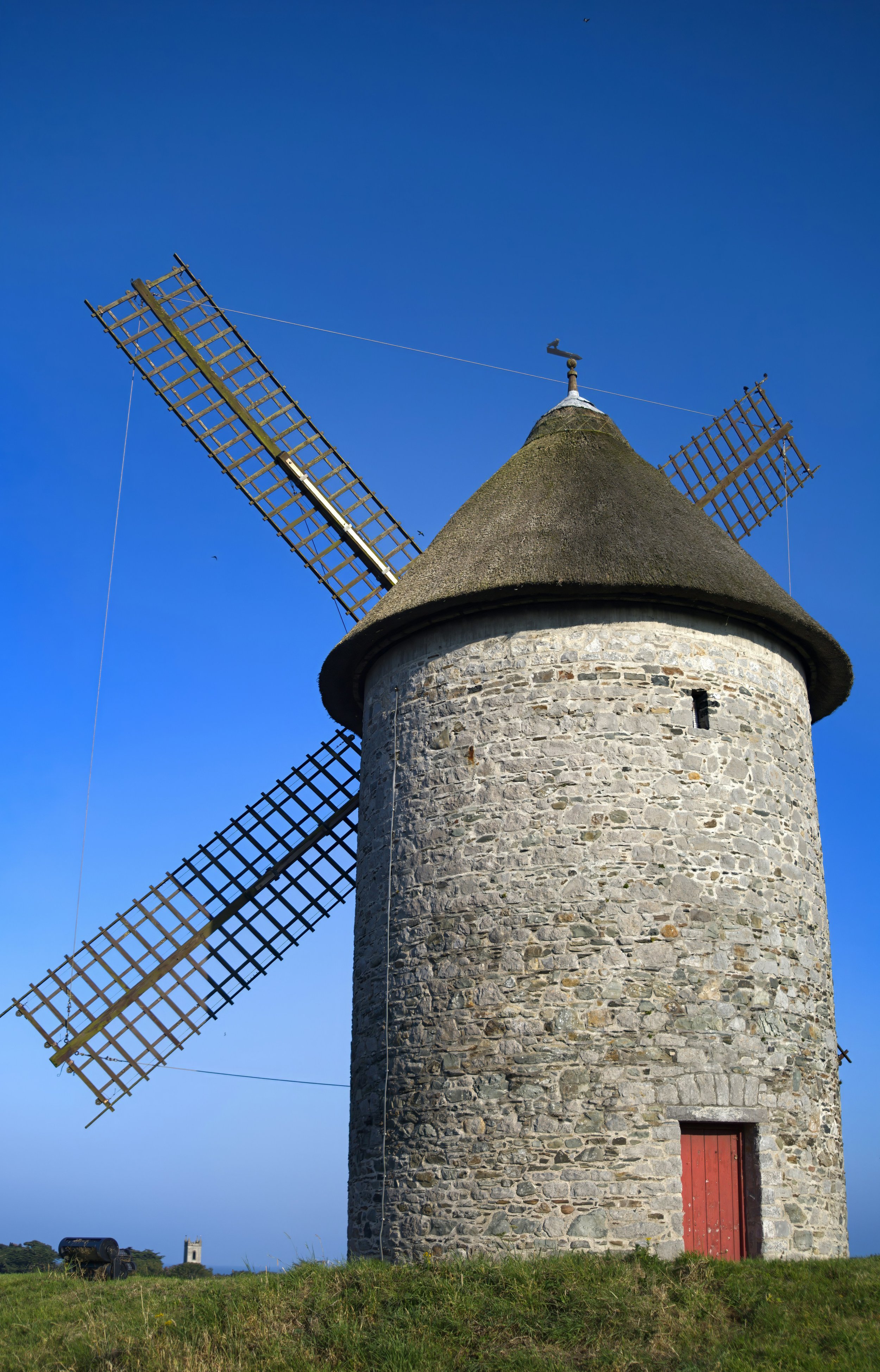Welcome to Ireland
Ireland, an island nation in the North Atlantic, is known for its rich history, cultural heritage, and stunning landscapes. From its lush green countryside to vibrant cities like Dublin, Ireland offers a blend of tradition and modernity. With a growing economy and a strong focus on education and healthcare, Ireland continues to be a dynamic and attractive place to live and visit.
-
Ireland has a population of approximately 5 million people, making it one of the least densely populated countries in Europe. The population is concentrated in urban areas, particularly in Dublin, Cork, and Galway, while rural areas are less populated but highly scenic and culturally significant.
-
Ireland has a relatively young population, with a median age of around 38 years. This youthful demographic is balanced by an increasing number of elderly citizens, as life expectancy rises and birth rates decline, following trends common to many European nations.
-
Ireland is predominantly of Irish ethnicity, with people of Celtic and Gaelic ancestry forming the majority. Over the years, the country has become more ethnically diverse due to immigration, with communities of Polish, Lithuanian, Nigerian, and Chinese descent contributing to the multicultural fabric of the nation.
-
Ireland boasts one of the fastest-growing economies in Europe, driven by industries such as technology, pharmaceuticals, and finance. Despite this economic growth, challenges like income inequality and rising housing costs have been notable in recent years, particularly in urban areas.
-
The official languages of Ireland are Irish (Gaeilge) and English. English is the dominant language spoken across the country, while Irish is taught in schools and spoken by a small portion of the population, particularly in rural areas known as the Gaeltacht.
-
Ireland has a strong education system, with a literacy rate of nearly 100%. Public education is free, and the country has a rich tradition of academic achievement. Higher education institutions such as Trinity College and University College Dublin are internationally recognized.
-
Ireland has a universal healthcare system, though public healthcare services can sometimes be strained, leading to long waiting times. Private healthcare is also available and is increasingly used by those seeking quicker access to treatment.
-
Around 63% of the population lives in urban areas, with Dublin serving as the economic and cultural hub of the country. Ireland's infrastructure is well-developed, with modern transportation systems, including roads, railways, and airports, although rural areas sometimes face challenges in terms of connectivity and services.
-
Tourism is a vital sector for the Irish economy, drawing millions of visitors each year with its historic landmarks, beautiful landscapes, and cultural festivals. The influx of tourists contributes significantly to local economies, though it also brings challenges related to environmental conservation and the preservation of heritage sites.
